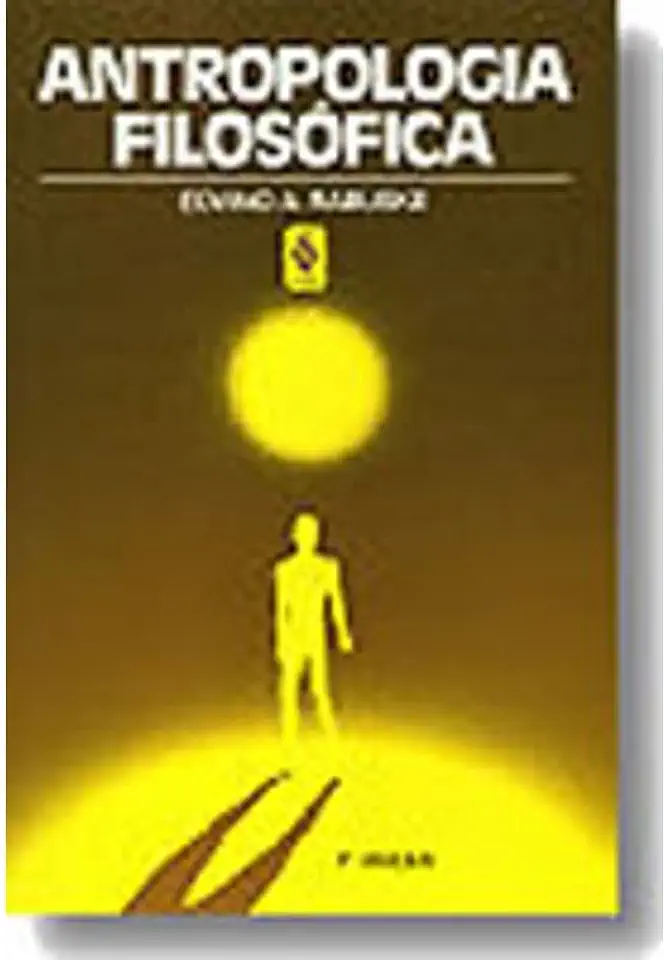
Philosophical Anthropology - Edvino A. Rabuske
Philosophical Anthropology: Understanding the Human Condition
In his groundbreaking work, "Philosophical Anthropology," Edvino A. Rabuske delves into the profound depths of human existence, exploring the fundamental questions that have captivated philosophers and thinkers for centuries. With meticulous research and thought-provoking insights, Rabuske presents a comprehensive examination of the human condition, inviting readers to embark on a journey of self-discovery and enlightenment.
Exploring the Essence of Humanity
Rabuske begins by delving into the very essence of what it means to be human. He examines the unique characteristics that set us apart from other species, such as our capacity for language, reason, and self-awareness. Through a masterful blend of philosophical inquiry and scientific research, Rabuske sheds light on the complexities of human nature, revealing the intricate interplay of biological, psychological, and social factors that shape our identities.
The Quest for Meaning and Purpose
One of the central themes explored in "Philosophical Anthropology" is the human quest for meaning and purpose. Rabuske delves into the existential questions that have haunted humanity throughout history: Why are we here? What is the purpose of our existence? Drawing upon diverse philosophical traditions, he examines the various ways in which individuals have sought to find meaning in their lives, from religious beliefs to existentialist philosophies.
The Nature of Consciousness
Rabuske dedicates a significant portion of his book to exploring the enigmatic nature of consciousness. He examines the different theories and debates surrounding this fundamental aspect of human experience, ranging from materialist explanations to dualistic perspectives. By unraveling the complexities of consciousness, Rabuske provides readers with a deeper understanding of the subjective nature of reality and the limits of human knowledge.
The Role of Language and Culture
Rabuske also explores the profound influence of language and culture on human cognition and behavior. He argues that language is not merely a tool for communication but also a powerful shaper of our thoughts, beliefs, and perceptions. By examining the intricate relationship between language, culture, and human experience, Rabuske highlights the diverse ways in which individuals construct their realities and make sense of the world around them.
Ethical Implications and Social Responsibility
"Philosophical Anthropology" does not shy away from addressing the ethical implications of our understanding of human nature. Rabuske examines the moral dilemmas that arise from our complex social interactions and the responsibilities we have towards ourselves and others. He explores the foundations of ethical theories, such as utilitarianism and Kantianism, and challenges readers to reflect on the ethical implications of their actions in a world marked by increasing interconnectedness and global challenges.
Conclusion: Embracing the Human Journey
In conclusion, "Philosophical Anthropology" by Edvino A. Rabuske is a profound and thought-provoking exploration of the human condition. Through his meticulous research and engaging writing style, Rabuske invites readers to embark on a journey of self-discovery and reflection, challenging them to question their assumptions about the nature of reality, the meaning of existence, and the ethical implications of their actions. This book is a must-read for anyone seeking a deeper understanding of themselves, their place in the universe, and the complexities of the human experience.
Enjoyed the summary? Discover all the details and take your reading to the next level — [click here to view the book on Amazon!]